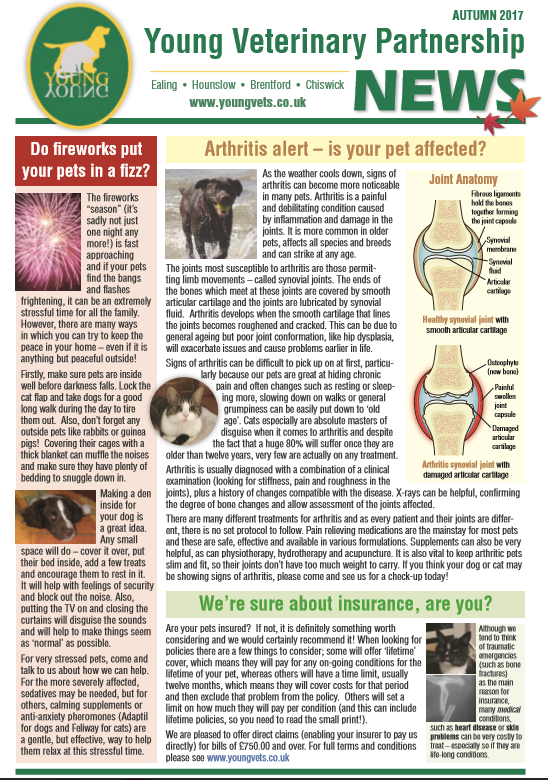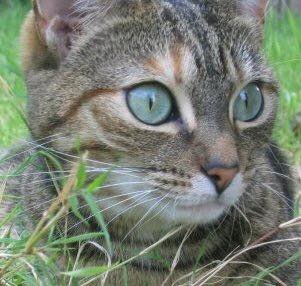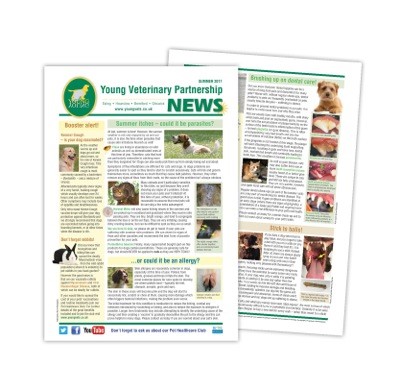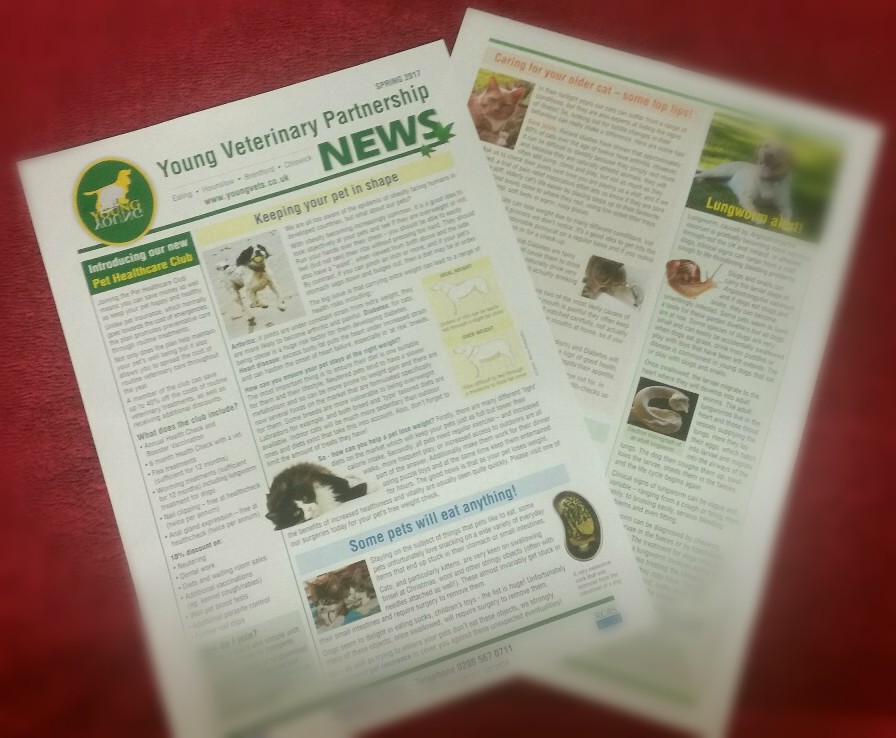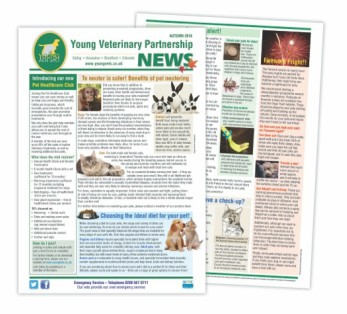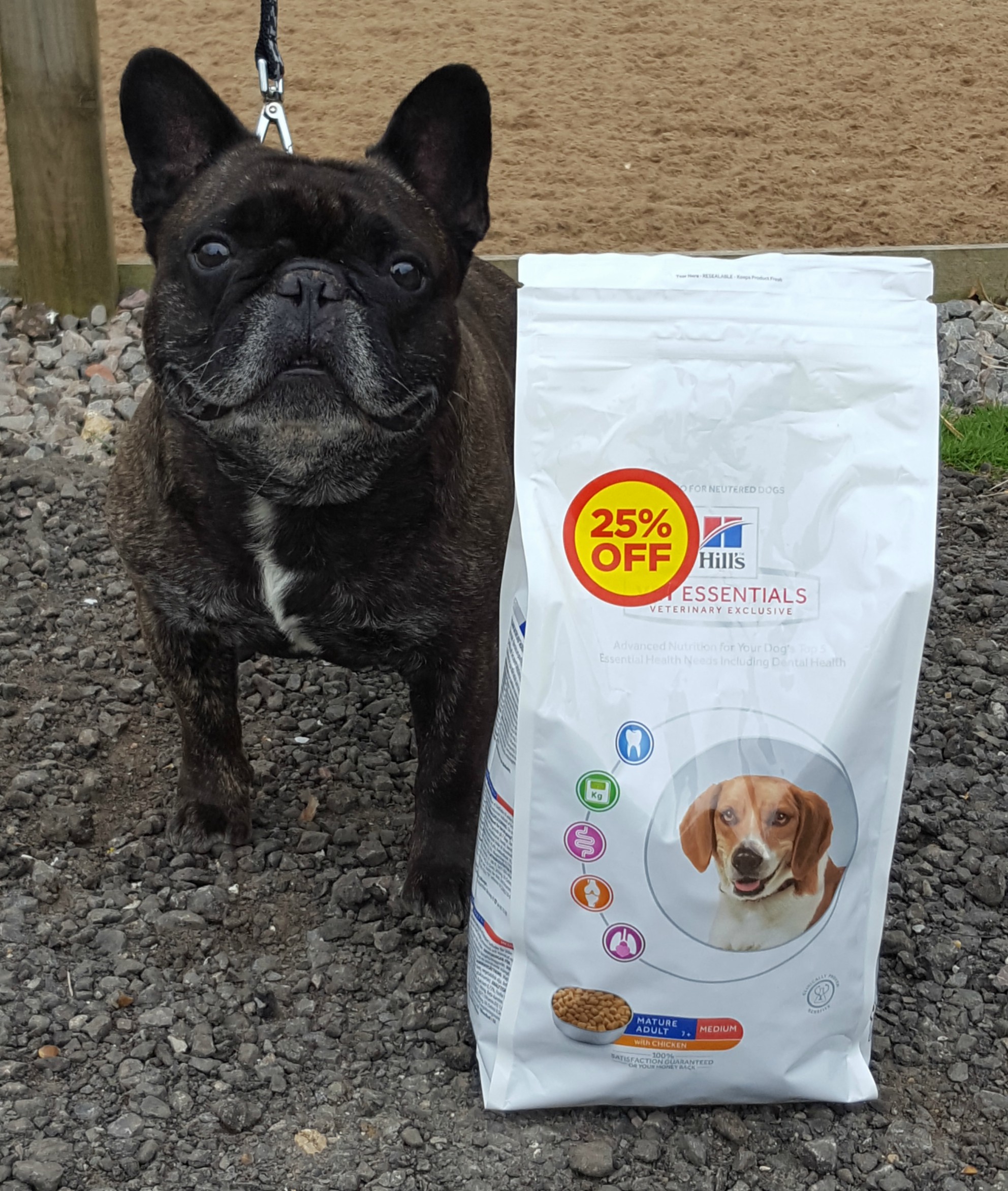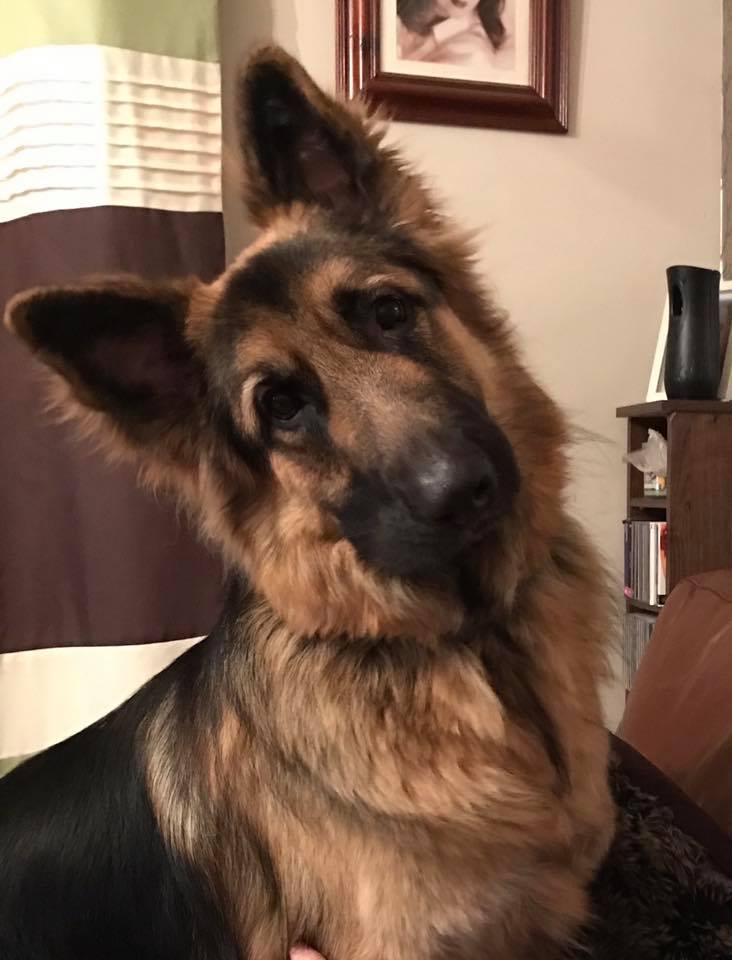Have a read below for a sneak peak on whats included! We hope you enjoy reading our latest Newsletter and if you have a questions regarding any of the articles do not hesitate to contact our friendly team.
How healthy are your dog’s eyes?
Your dog’s eyes should be open, sparkly-clear and free of discharge or excessive tearing. In our Winter Newsletter learn about the three most common eye disorders and the signs to watch out for. Early diagnosis is the ‘golden rule’ with eyes, so don’t delay! If your pet is showing any symptoms of eye problems, make an appointment for your pet today.
Festive alert:
The festive season can also pose a huge range of very tempting hazards for our pets! From chocolate to tinsel read our Newsletter today and learn the hazards that may be in your home this festive season.
Worming worries – is your pet affected?
Unlike infectious disease that we can vaccinate against, your pets are in all likelihood continually coming into contact with worms. Before we look at prevention, it’s useful to know your ‘enemy’. Read our Winter Newsletter and learn the three main types of worms that pose a risk to your pets.
Pets on Tour!
Are you planning on taking your dog on holiday with you in the near future? It’s great that they can now join us abroad but it does mean you have to plan ahead. Our Winter Newsletter explains the requirements needed to travel with your pets from Pet passports to Rabies vaccinations.
We hope you enjoy reading our 2017 Winter Newsletter, if you have any questions on any of the articles please do not hesitate to contact your local surgery.


